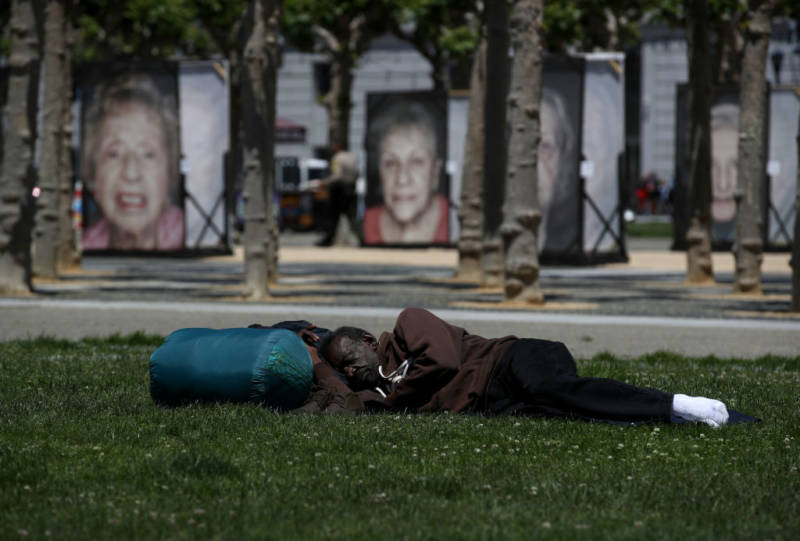San Francisco Mayor London Breed and Supervisors Matt Haney and Hillary Ronen announced a deal Tuesday reconciling their dueling plans to reform the city’s fragmented mental health care system.
The trio introduced the agreement outside of City Hall, following months of often tense negotiations on ways to overhaul the treatment of residents grappling with homelessness, mental health and substance abuse issues.
In October, Breed announced she was backing her own comprehensive health care plan — called Urgent Care SF — geared towards some 4,000 homeless San Franciscans suffering from mental illness and substance abuse, an initiative she placed on the March 2020 ballot.
Similarly, Ronen and Haney also announced last month they had filed paperwork to put their own proposal — dubbed Mental Health SF — on the same ballot. That more sweeping plan pushed for systemic change to the city’s mental health system, a proposal Breed criticized as too broad and costly.
